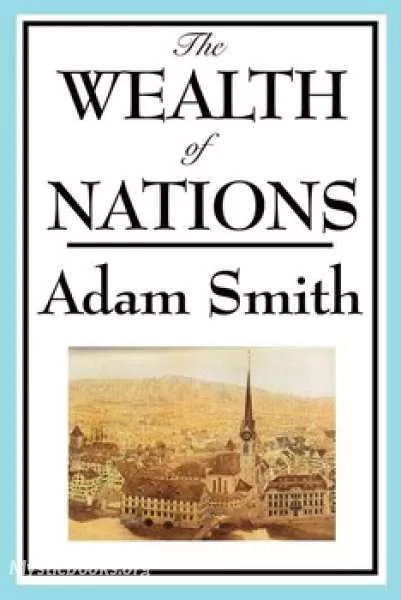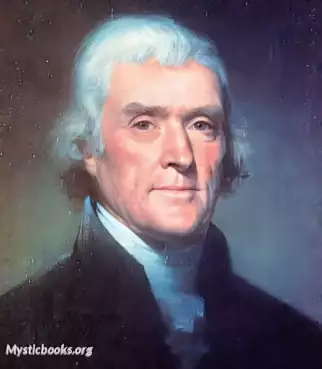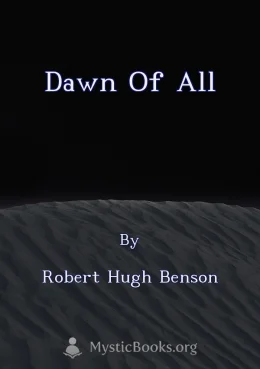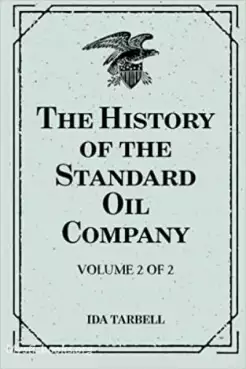
The Wealth of Nations, Book 3
by Adam Smith
'The Wealth of Nations, Book 3' Summary
Book III: Of the different Progress of Opulence in different Nations
Long-term economic growth
Adam Smith uses this example to address long-term economic growth. Smith states, "As subsistence is, in the nature of things, prior to convenience and luxury, so the industry which procures the former, must necessarily be prior to that which ministers to the latter". In order for industrial success, subsistence is required first from the countryside. Industry and trade occur in cities while agriculture occurs in the countryside.
Agricultural jobs
Agricultural work is a more desirable situation than industrial work because the owner is in complete control. Smith states that:
In our North American colonies, where uncultivated land is still to be had upon easy terms, no manufactures for distant sale have ever yet been established in any of their towns. When an artificer has acquired a little more stock than is necessary for carrying on his own business in supplying the neighbouring country, he does not, in North America, attempt to establish with it a manufacture for more distant sale, but employs it in the purchase and improvement of uncultivated land. From artificer he becomes planter, and neither the large wages nor the easy subsistence which that country affords to artificers, can bribe him rather to work for other people than for himself. He feels that an artificer is the servant of his customers, from whom he derives his subsistence; but that a planter who cultivates his own land, and derives his necessary subsistence from the labour of his own family, is really a master, and independent of all the world.
Where there is open countryside agriculture is much preferable to industrial occupations and ownership.
Adam Smith goes on to say "According to the natural course of things, therefore, the greater part of the capital of every growing society is, first, directed to agriculture, afterwards to manufactures, and last of all to foreign commerce". This sequence leads to growth, and therefore opulence.
"The great commerce of every civilised society is that carried on between the inhabitants of the town and those of the country. It consists in the exchange of crude for manufactured produce, either immediately, or by the intervention of money, or of some sort of paper which represents money. The country supplies the town with the means of subsistence and the materials of manufacture. The town repays this supply by sending back a part of the manufactured produce to the inhabitants of the country. The town, in which there neither is nor can be any reproduction of substances, may very properly be said to gain its whole wealth and subsistence from the country. We must not, however, upon this account, imagine that the gain of the town is the loss of the country. The gains of both are mutual and reciprocal, and the division of labour is in this, as in all other cases, advantageous to all the different persons employed in the various occupations into which it is subdivided."
Of the Discouragement of Agriculture: Chapter 2's long title is "Of the Discouragement of Agriculture in the Ancient State of Europe after the fall of the Roman Empire".
"When the German and Scythian nations overran the western provinces of the Roman Empire, the confusions which followed so great a revolution lasted for several centuries. The rapine and violence which the barbarians exercised against the ancient inhabitants interrupted the commerce between the towns and the country. The towns were deserted, and the country was left uncultivated, and the western provinces of Europe, which had enjoyed a considerable degree of opulence under the Roman Empire, sunk into the lowest state of poverty and barbarism. During the continuance of those confusions, the chiefs and principal leaders of those nations acquired or usurped to themselves the greater part of the lands of those countries. A great part of them was uncultivated; but no part of them, whether cultivated or uncultivated, was left without a proprietor. All of them were engrossed, and the greater part by a few great proprietors.
This original engrossing of uncultivated lands, though a great, might have been but a transitory evil. They might soon have been divided again, and broke into small parcels either by succession or by alienation. The law of primogeniture hindered them from being divided by succession: the introduction of entails prevented their being broke into small parcels by alienation."
Of the Rise and Progress of Cities and Towns, after the fall of the Roman Empire:
"The inhabitants of cities and towns were, after the fall of the Roman Empire, not more favoured than those of the country. They consisted, indeed, of a very different order of people from the first inhabitants of the ancient republics of Greece and Italy. These last were composed chiefly of the proprietors of lands, among whom the public territory was originally divided, and who found it convenient to build their houses in the neighbourhood of one another, and to surround them with a wall, for the sake of common defence. After the fall of the Roman Empire, on the contrary, the proprietors of land seem generally to have lived in fortified castles on their own estates, and in the midst of their own tenants and dependants. The towns were chiefly inhabited by tradesmen and mechanics, who seem in those days to have been of servile, or very nearly of servile condition. The privileges which we find granted by ancient charters to the inhabitants of some of the principal towns in Europe sufficiently show what they were before those grants. The people to whom it is granted as a privilege that they might give away their own daughters in marriage without the consent of their lord, that upon their death their own children, and not their lord, should succeed to their goods, and that they might dispose of their own effects by will, must, before those grants, have been either altogether or very nearly in the same state of villanage with the occupiers of land in the country."
How the Commerce of the Towns Contributed to the Improvement of the Country: Smith often harshly criticised those who act purely out of self-interest and greed, and warns that,
"...all for ourselves, and nothing for other people, seems, in every age of the world, to have been the vile maxim of the masters of mankind."
Book Details
Language
EnglishOriginal Language
EnglishPublished In
1776Authors

Adam Smith
Scotland
Adam Smith was a Scottish economist, philosopher as well as a moral philosopher, a pioneer of political economy, and a key figure during the Scottish Enlightenment, also known as ''The Father of Econo...
Books by Adam SmithDownload eBooks
Listen/Download Audiobook
- Select Speed
Related books

Forest by Ben Jonson
The Forest is a short collection of Ben Jonson's poetry. This collection of fifteen poems first appeared in the 1616 first folio of his collected work...

Fables de La Fontaine, livre 03 by Jean de La Fontaine
Voici le troisième des douze livres des Fables de La Fontaine. Celles-ci datent du XVIIe siècle et ont été enregistrées par des lecteurs de divers hor...

Dictionnaire des idées reçues by Gustave Flaubert
Le « Dictionnaire des idées reçues » : recueil d’exemples de l’intelligence humaine qui se dépasse elle-même. Les temps changent ; ce genre d’intellig...

Dawn of All by Robert Hugh Benson
This book, written as a sequel to 'Lord of the World,' explores a future where ancient thought and traditional religious values are experiencing a res...

Vidas Paralelas Tomo IV by Lucius Mestrius Plutarchus
Plutarch's Parallel Lives is a collection of biographies of famous Greek and Roman figures, written in the 1st and 2nd centuries AD. The book compares...

Duty by Ellen Sturgis Hooper
Duty is a collection of poems by Ellen Sturgis Hooper, a prominent figure in the Transcendentalist movement of 19th-century New England. Hooper's poet...

A General View of Positivism by Auguste Comte
A General View of Positivism was an 1844 book by a French philosopher Auguste Comte, first published in English in 1865. A founding text in the develo...

viajero y su sombra (Primera parte) by Friedrich Nietzsche
This book is a collection of 408 aphorisms and opinions by the German philosopher Friedrich Nietzsche. It covers a wide range of topics, including art...

The History of Standard Oil: Volume 2 by Ida Tarbell
The History of the Standard Oil Company is a 1904 book by journalist Ida Tarbell. It is an exposé about the Standard Oil Company, run at the time by o...

Πολιτεια του Πλατωνα (τομος πρωτος) by Plato (Πλάτων)
The Republic by Plato is a philosophical dialogue that explores the nature of justice and the ideal state. Plato argues that justice is the highest vi...
Reviews for The Wealth of Nations, Book 3
No reviews posted or approved, yet...